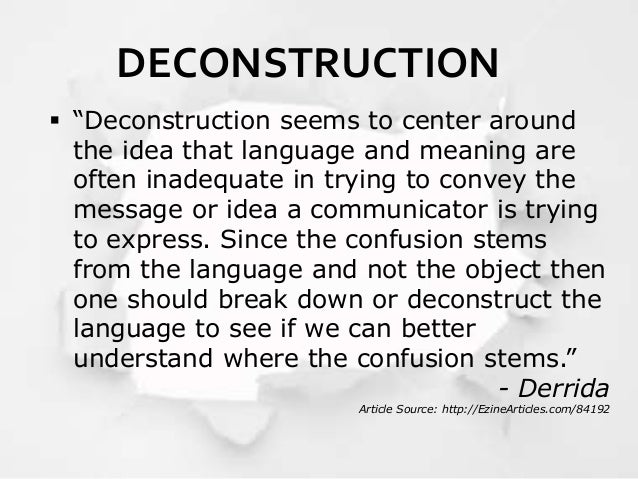Facebook
Facebook seems to construct a person's identity by the comments someone writes, the pictures they post, and the experiences they depict. Therefore, you do not need a physical person to represent who you are. You are constructed by language. That's how others can know you without ever really meeting you.
Being put this way, does it seem like structuralism and reader response criticism are influenced by this theory? He does post structuralism differ? Post structuralism seems to me to go a little further outside the text. The author's intentions do not matter and there's no intent to interpret the text, for post structuralists "seek to show that the text is characterized by disunity rather than unity" (75). The goal is more to understand the inner workings of it based on language (like hermeneutic, semantic, etc in structuralism).



